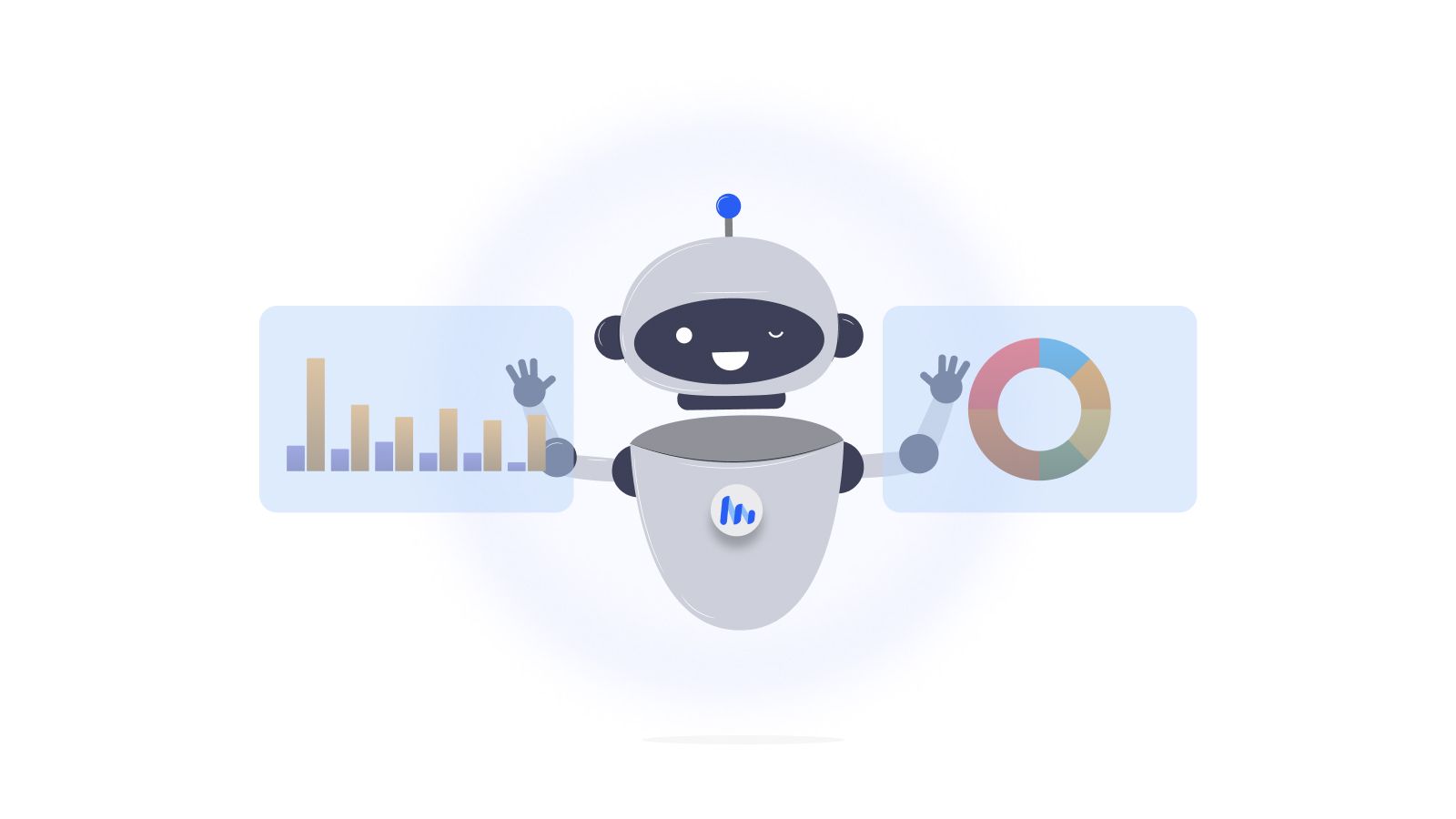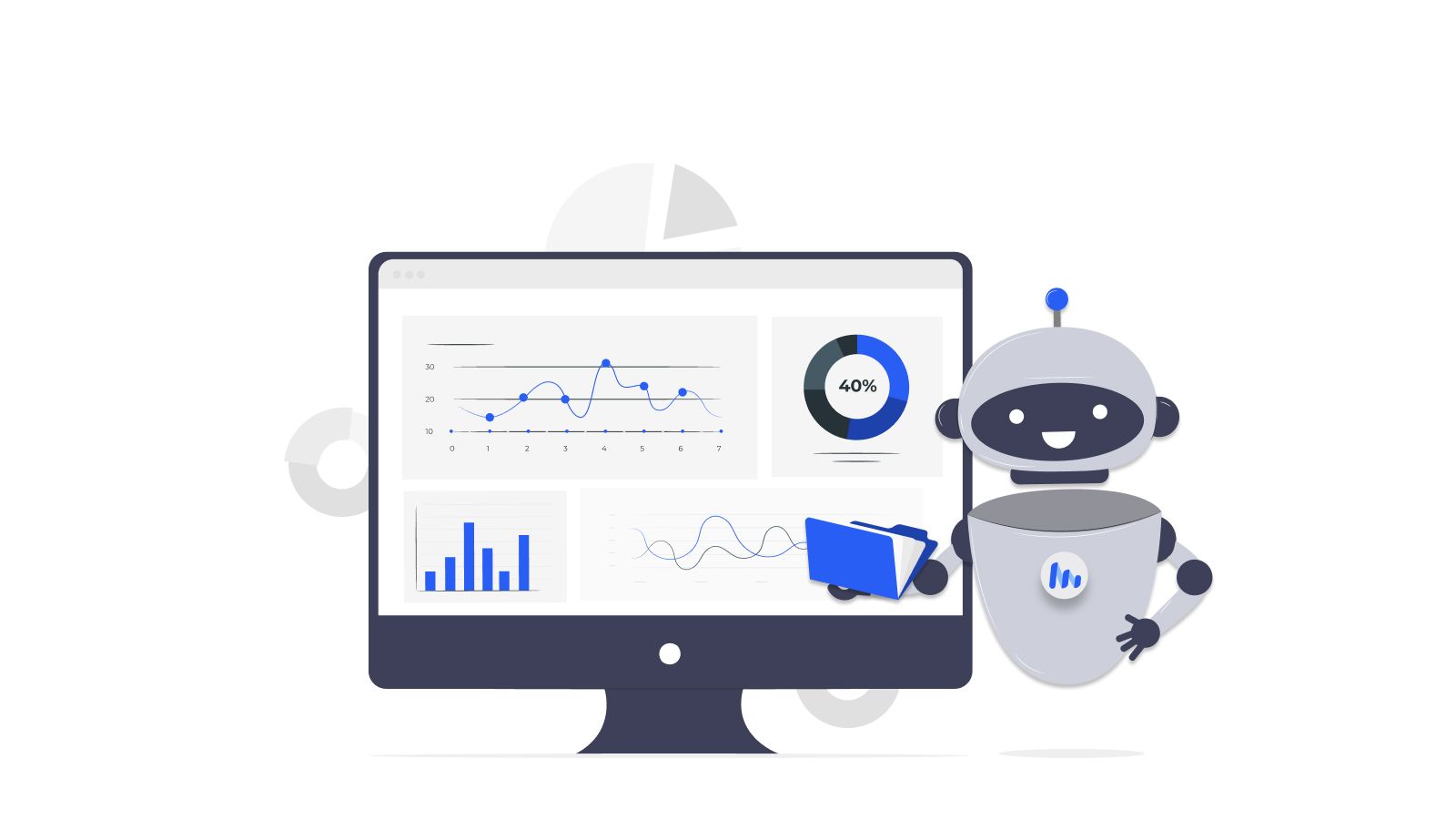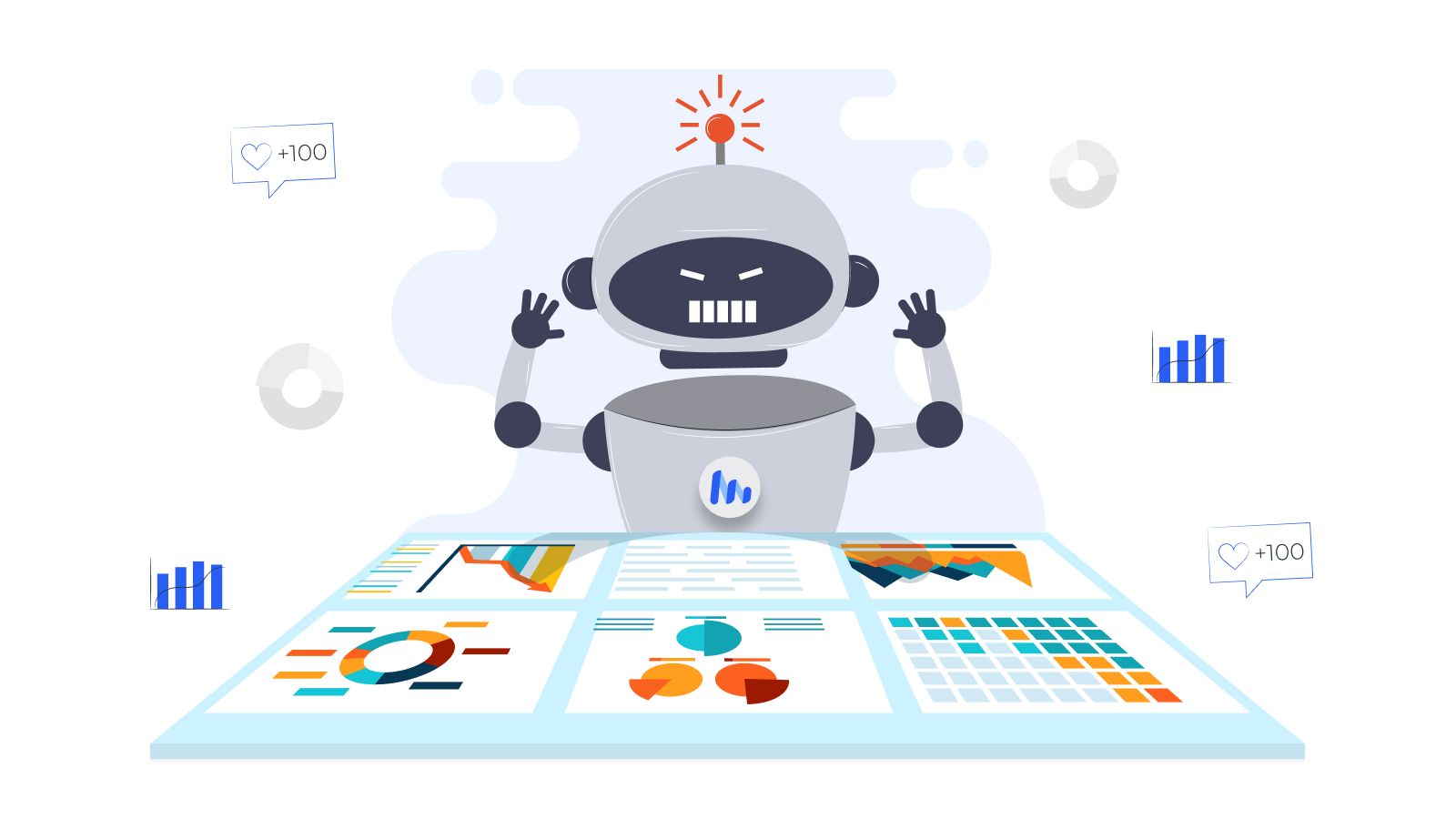The Future of AI in Data Analytics
AI is revolutionizing data analytics, reshaping how businesses operate and make decisions. Discover the future trends and how business leaders can adapt to the AI-driven world.


Parth Jaimini
2024-12-05
Data has always been the lifeblood of modern businesses, but it’s the fusion of data with artificial intelligence (AI) that promises to truly transform the landscape. Today, AI is no longer just a buzzword. It’s reshaping industries, driving decisions, and enabling companies to extract deeper insights at lightning speed. Yet, what we’re seeing now is just the tip of the iceberg. The future of AI in data analytics holds even more potential, promising to revolutionize how businesses operate, make decisions, and compete.
In this article, we’ll explore where AI in analytics stands today, the future trends that will dominate tomorrow, and how business leaders can prepare for what’s coming.
The Current State of AI in Data Analytics
AI has already found a solid footing in the world of data analytics. Businesses are leveraging AI-driven tools to automate repetitive tasks, uncover hidden patterns, and enhance decision-making capabilities. Predictive analytics is already helping companies forecast future trends, from customer behavior to market shifts, and machine learning algorithms are optimizing everything from supply chains to customer experiences.
For many organizations, AI in analytics has transitioned from a "nice-to-have" to an essential tool. Traditional analytics, which once required hours of manual number-crunching, is being augmented—or, in some cases, fully replaced—by AI’s ability to process vast amounts of data in real-time. This means businesses can now act on insights faster and with greater precision than ever before.
Yet, while we’ve come a long way, we’re just scratching the surface of what’s possible.
Future Trends: What’s on the Horizon?
As we look forward, it’s clear that AI in data analytics is poised to not just evolve, but to explode in its capabilities. Here are the trends that will define the next generation of AI-driven analytics.
1. Predictive Analytics on Steroids
Predictive analytics is already a powerful tool, but the future will see AI’s predictive capabilities expand far beyond what’s possible today. AI models will become more accurate, processing larger datasets with more variables to predict outcomes with near-precise certainty. Imagine being able to predict not just market trends but specific customer actions, operational risks, and even unforeseen external factors like economic shifts or geopolitical tensions. The next wave of predictive analytics will give businesses a crystal ball into the future, offering them the ability to prepare for a range of scenarios in real-time.
2. AI-Enhanced Analytics: From Insight to Action
AI’s role in analytics will not stop at generating insights; it will take the next step—executing actions based on those insights. Currently, businesses rely on AI to provide reports and predictions, which are then reviewed by teams before action is taken. But what if AI didn’t just tell you that a trend was emerging—it took immediate steps to address it?
We’re moving toward a future where AI doesn’t just inform decision-makers but actively triggers changes in strategy, marketing, and operations autonomously. Whether it's dynamically adjusting pricing based on customer demand or optimizing supply chains in response to real-time disruptions, AI will soon be empowered to make decisions without human intervention, fundamentally reshaping business operations.
3. Democratization of AI and Analytics
For too long, advanced analytics and AI have been the domain of large enterprises with the resources to build expensive infrastructure. The future will see a democratization of these tools. With the rise of no-code and low-code AI platforms, even small to mid-sized businesses will gain access to AI-driven analytics.
This will level the playing field, allowing businesses of all sizes to harness the power of AI without needing a team of data scientists or an enormous budget. AI-powered platforms will offer plug-and-play solutions for analytics, making it accessible for non-technical teams to draw valuable insights and automate processes.
- Hyper-Personalization in Real-Time
Customers today demand personalization, and AI-driven analytics will take this to unprecedented levels. Companies will no longer base personalization strategies on broad segments or historical data. Instead, AI will allow for hyper-personalization in real-time—tailoring every aspect of the customer journey to each individual's preferences, needs, and behaviors as they interact with the business.
From customizing product recommendations to adjusting marketing messages in the moment, AI will enable companies to deliver a truly individualized experience, boosting customer loyalty and driving greater profitability.
The Impact: How AI Will Shape the Industry
AI’s future in data analytics is not just about making processes faster or more efficient—it’s about transforming the way businesses operate and compete. Here’s how AI will shape the industry in the coming years:
1. A Shift from Data-Driven to AI-Driven Decision-Making
We’ve already seen the shift from gut-based to data-driven decision-making, but AI will push this one step further. Business leaders will no longer rely solely on human interpretation of data to make strategic decisions. Instead, AI will become an active partner in the decision-making process, suggesting strategies, optimizing resources, and even autonomously handling entire business functions.
This shift means that companies will need to adopt a mindset of trust in AI systems, knowing that these algorithms are not just providing insight but actively shaping the future of the business.
2. Data Analytics Becomes Core to Competitive Advantage
In the coming years, data analytics will become even more central to a company’s competitive strategy. Those who effectively harness AI’s power to derive insights faster, act on them immediately, and stay ahead of market trends will dominate their industries. Companies that fail to fully integrate AI into their analytics processes will fall behind, as decision-making timelines shrink and the pace of business accelerates.
3. Workforce Transformation: Redefining Roles
AI will inevitably reshape the workforce, especially in data analytics. Rather than replacing human jobs, AI will augment roles, enabling data analysts and business intelligence teams to focus on higher-level, strategic tasks.
Instead of manually combing through spreadsheets, analysts will spend more time interpreting AI-generated insights, building strategic models, and focusing on the business implications of data. The demand for hybrid professionals who understand both AI and business strategy will surge, with companies seeking individuals who can bridge the gap between technology and business outcomes.
Preparing for the Future of AI in Data Analytics
For business leaders, preparing for the future of AI in data analytics isn’t just about adopting new technologies—it’s about transforming the entire approach to decision-making and strategy. Here are a few key steps to prepare:
- Invest in AI-Driven Analytics Tools: Ensure your organization has the right AI-powered platforms that can scale with future demands. The right tools will not only provide insights but offer actionable recommendations in real-time.
- Upskill Your Workforce: Equip your teams with the skills necessary to navigate AI-enhanced analytics. Invest in training programs to foster hybrid skills in both data science and business strategy.
- Foster a Data-Driven Culture: AI in analytics is most effective when organizations are deeply committed to data-driven decision-making at every level. Encourage teams to leverage data in their daily operations and empower them to act on AI-driven insights.
- Prepare for Automation: Understand that AI will increasingly take on decision-making roles. Build a governance framework that allows for seamless AI-driven action while maintaining oversight on critical business decisions.
Final Thoughts
The future of AI in data analytics is incredibly promising. As AI continues to evolve, businesses that fully embrace its potential will find themselves empowered to make faster, smarter, and more impactful decisions. The road ahead is one of immense opportunity, but only for those willing to invest, adapt, and rethink their traditional analytics frameworks. AI won’t just change how companies analyze data—it will fundamentally reshape how they operate, compete, and succeed in a fast-moving digital world. For C-suite executives and business leaders, the time to prepare is now.
Related posts
Looking for a marketing purpose analytics tool?
Click HereNewsletter
Website owned by : KAIROS LABS PRIVATE LIMITED, Tonk Phatak Jaipur - 302015, Rajasthan
All Rights Reserved
Email : Support@llmate.ai



